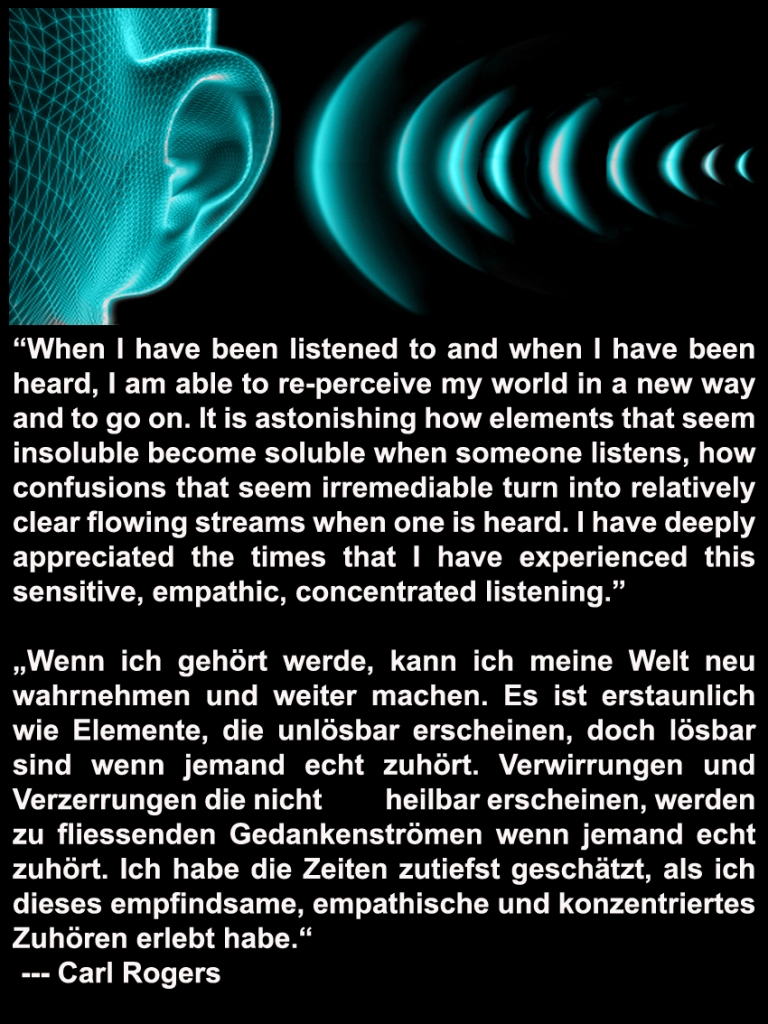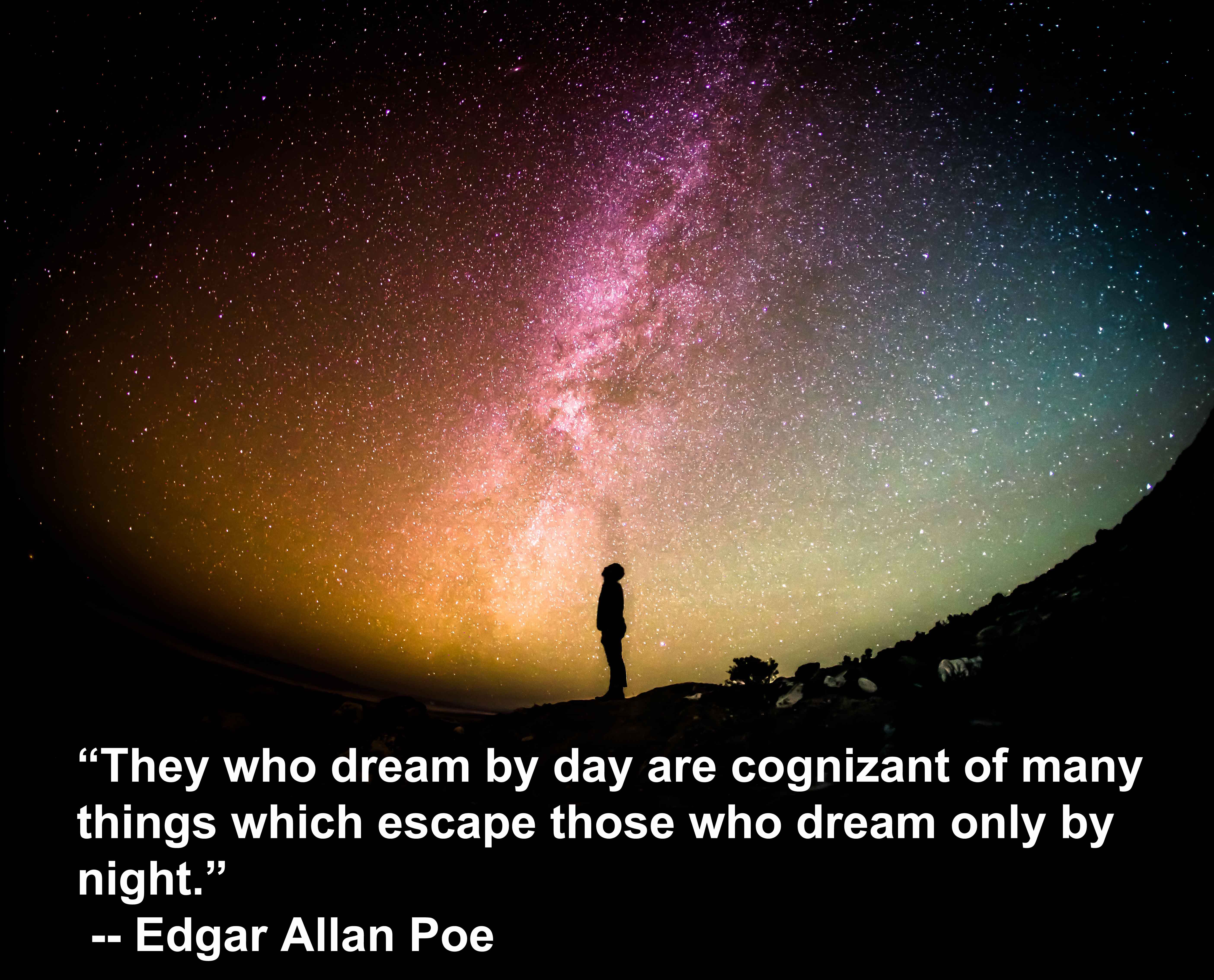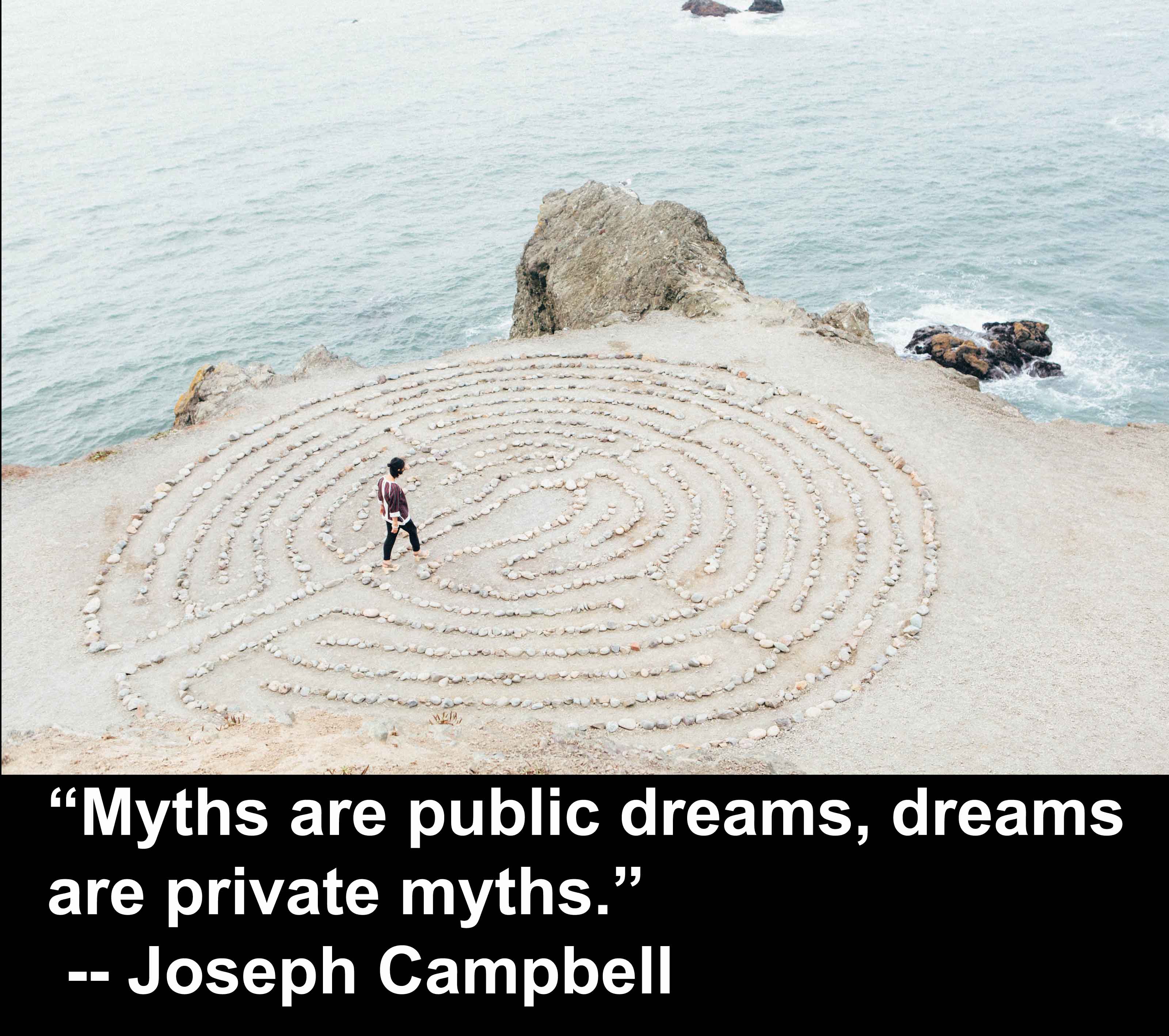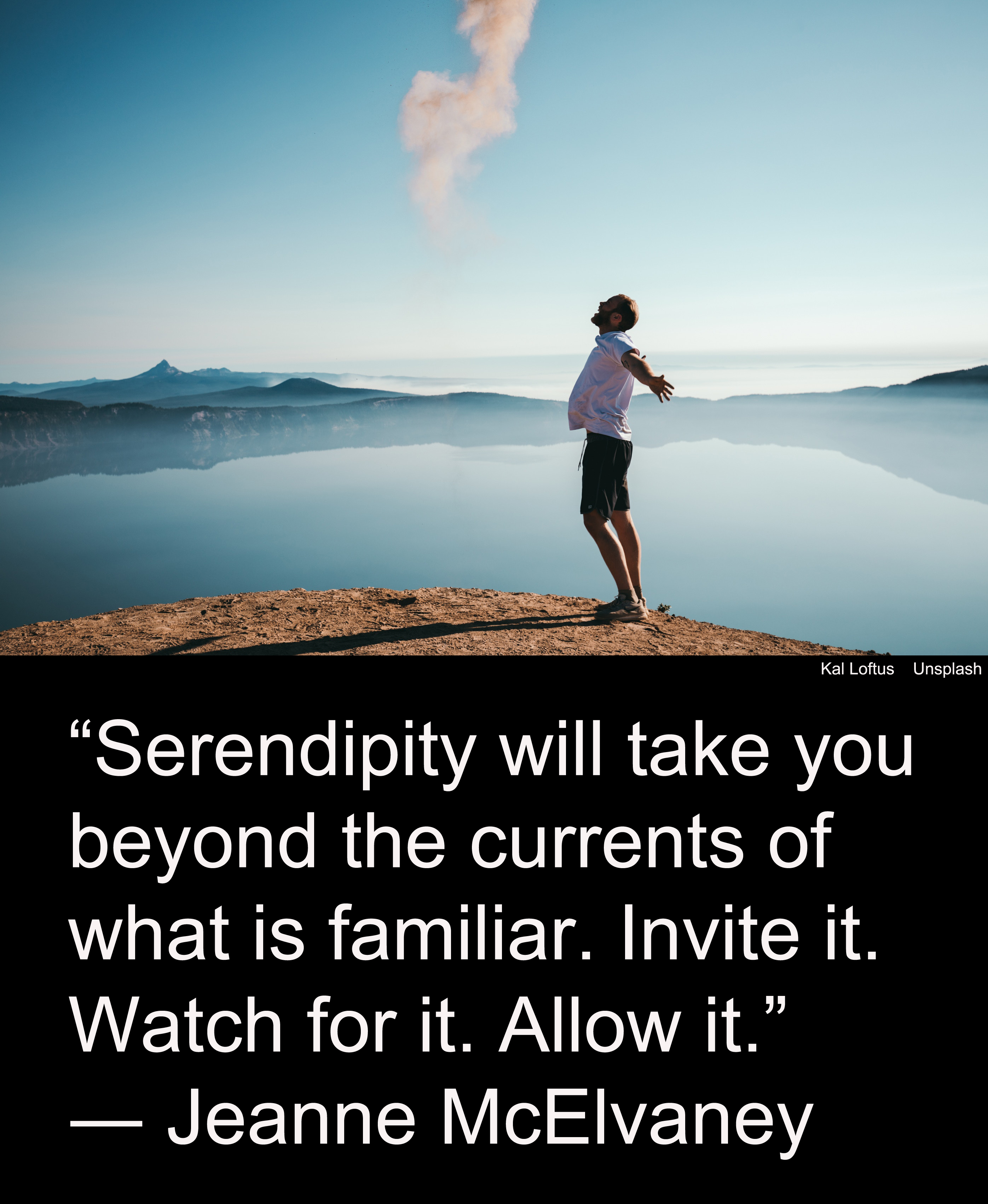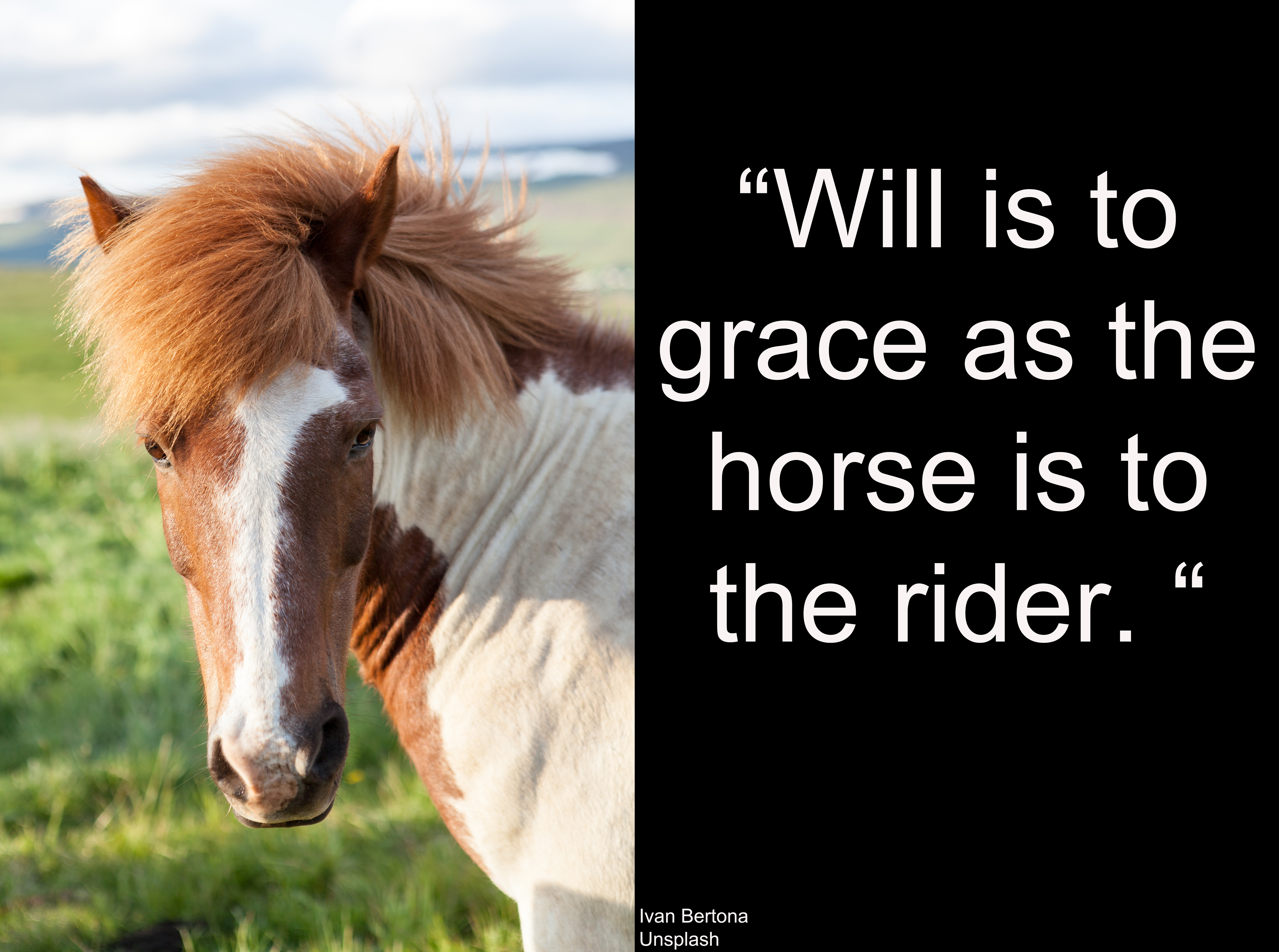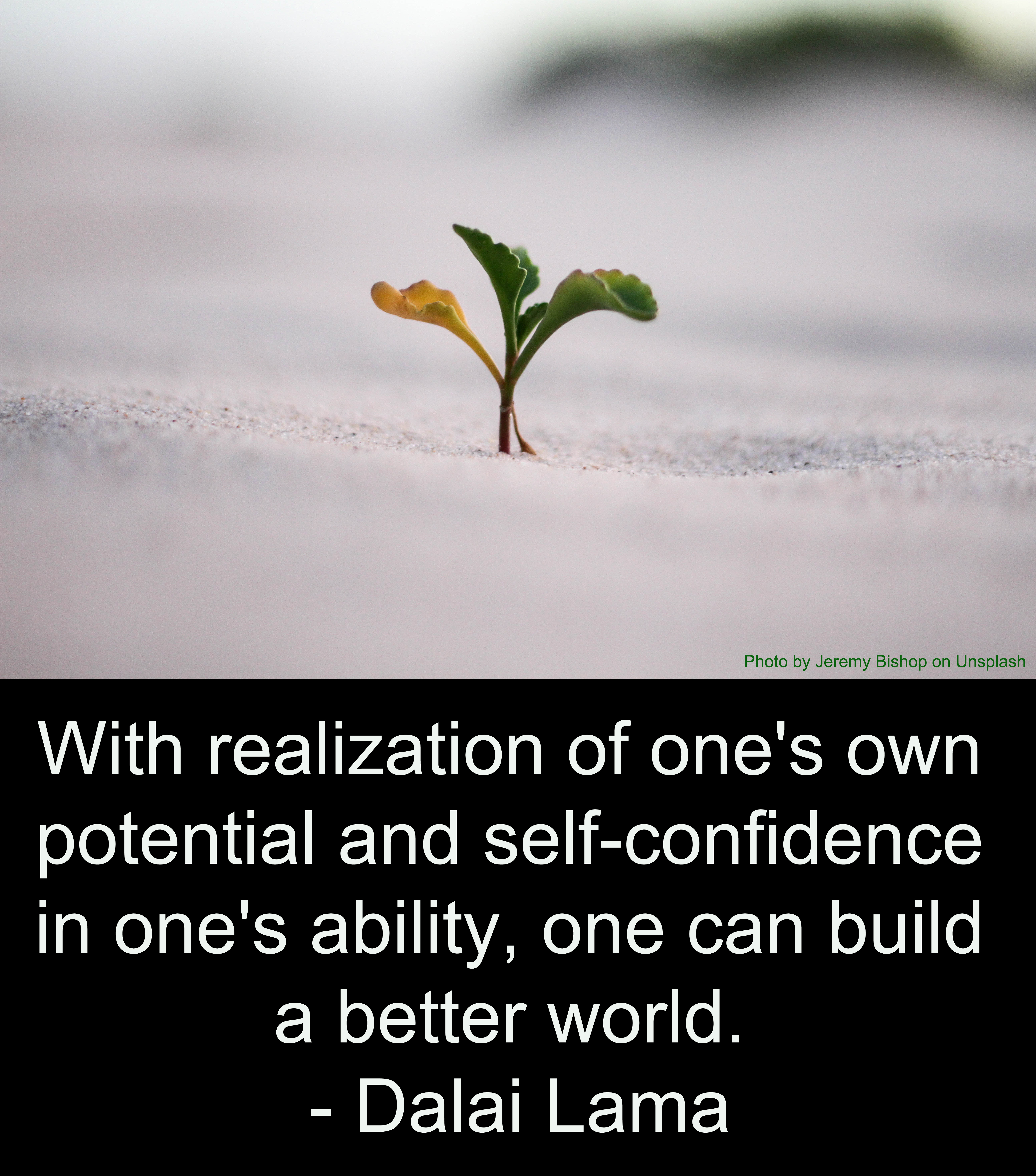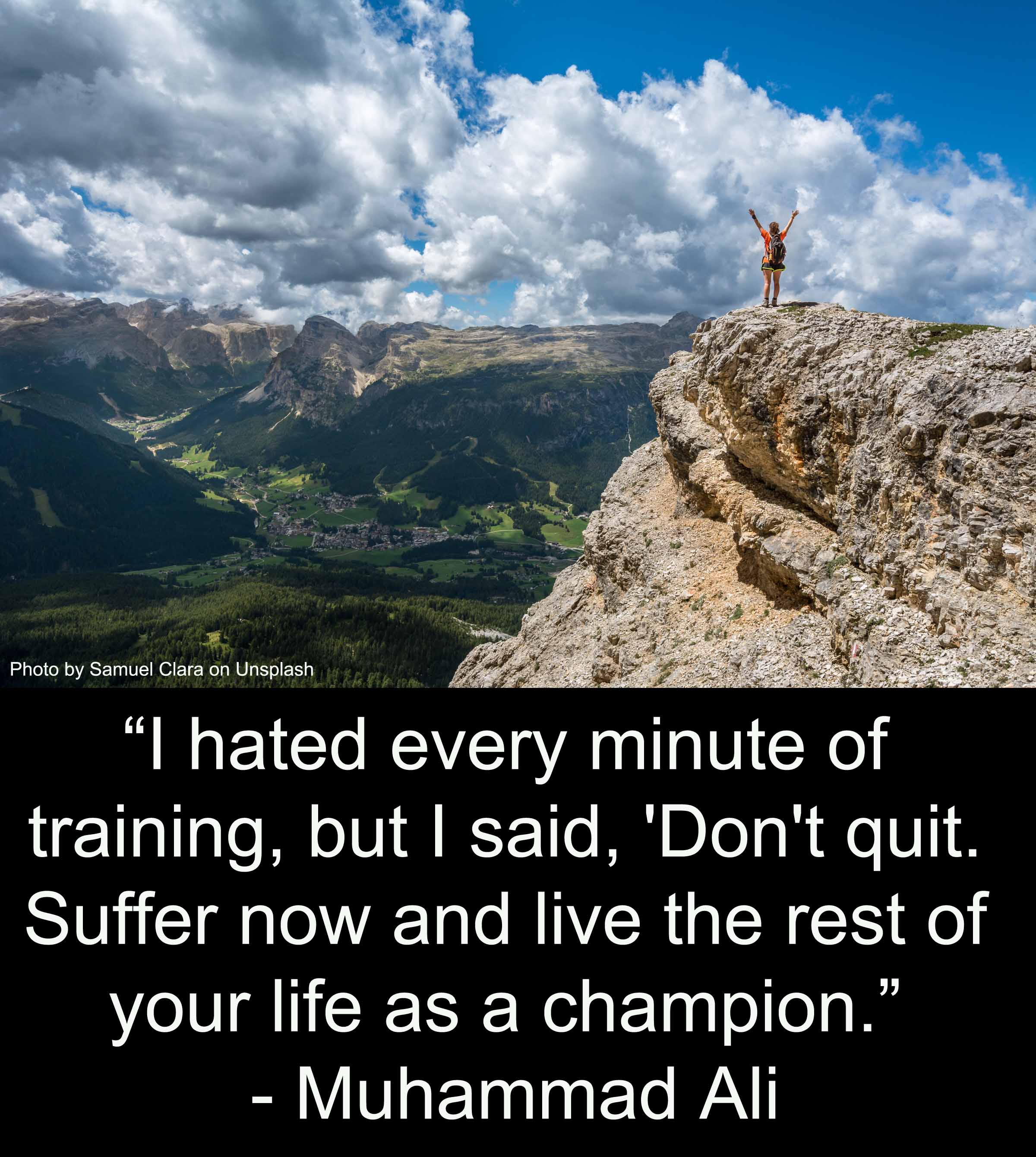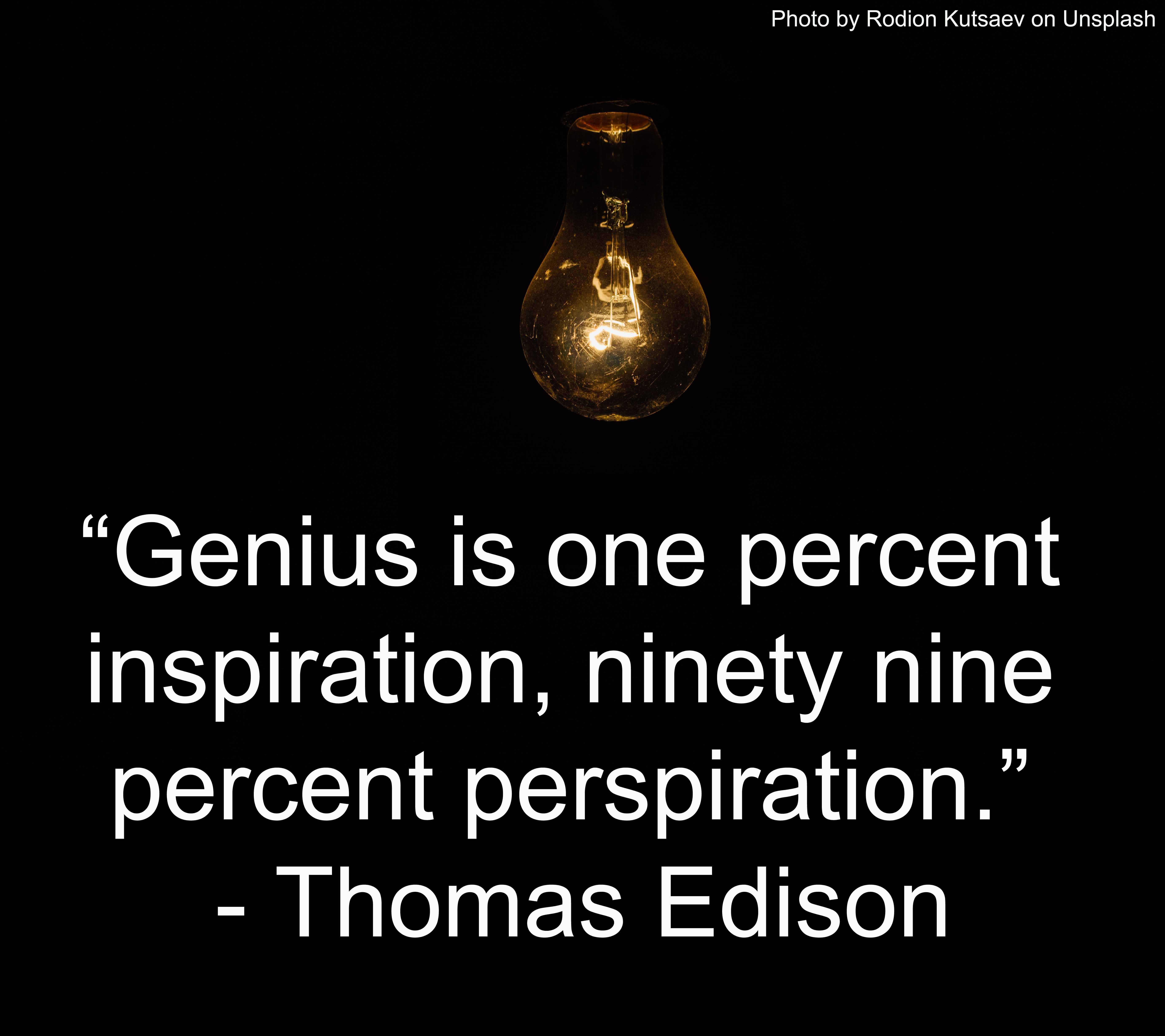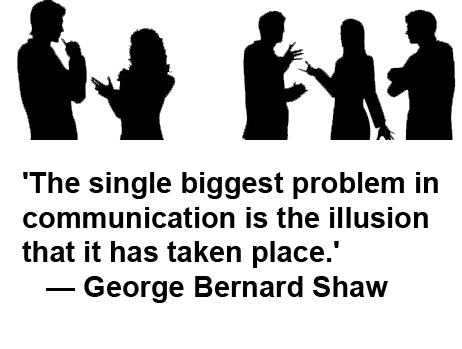When I started out singing opera professionally, I had some very naïve views of ‘the business’. One of them was that if you sang well, you’d be a success. Simply by the fact, in opera, that you had a bella voce with a good, reliable technique, so my belief went, you’d be successful. The years as a singer, as a teacher and as a teacher of teachers taught me that it just ain’t so.
The list of things a singer needs to master over the years to keep up a successful career is long indeed. If you’re not a natural talent in any of these areas, you have to learn it. Most of this learning, I found, is by trial and error. Sometimes, if you’re lucky, you find a mentor, teacher, agent or coach to either teach it to you, or do it for you. Sometimes these inspiring role models are found outside the realm of music.
Classical singing in its essence is an art, a creative act. Creativity across fields of endeavor have much in common. One of my mentors, although we never met, was Walt Disney. Here is someone with a profound creative gift, who found fame and success by mastering some other very important disciplines. It is said, for example, that Disney had three separate rooms, each dedicated to a particular activity and a particular role. These rooms, these activities and these roles were all essential to his success. In other words, he nurtured his creative spark by going in and out of three distinct ‘head spaces’.
The first is called “THE DREAMER”. In this ‘space’, he allowed his fantasy and creativity full rein. You’ve heard the question: “What would you do if you knew you COULD NOT FAIL?!” Or the statement: “If you can dream it, you can do it!” The dreamer generates ideas as if there were no limits and success were guaranteed. Like a happy child at play, the sense is truly that anything is possible.
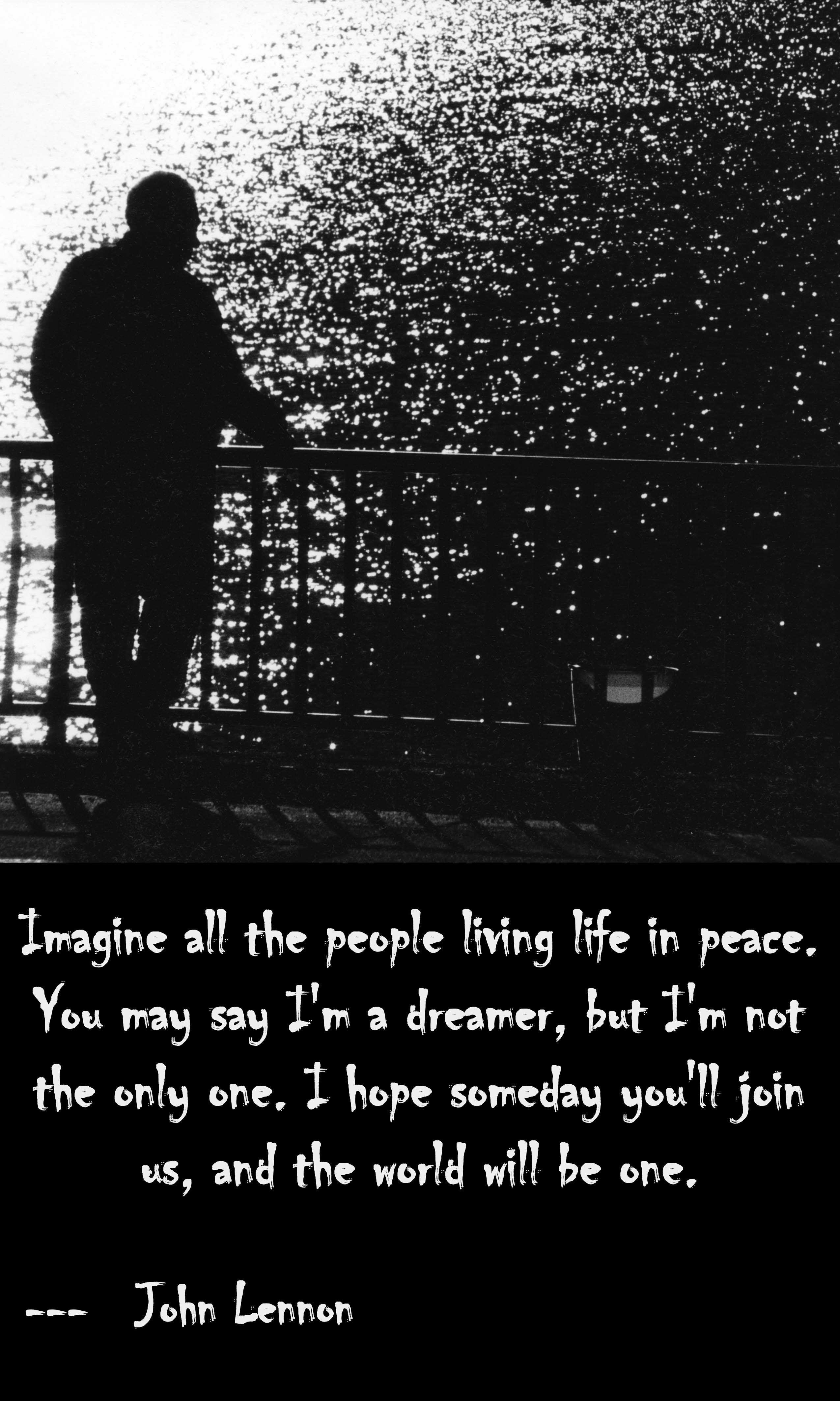
The second is called “THE CRITIC”. In a different room, in a different ‘space’, Disney took all the ideas the dreamer generated and looked at them through the conscious filter of “What’s wrong with this?”, “What will not work here?”, “How is this a bad idea?” For some of us, as you can imagine, this role is the easiest. If not, we can certainly find good examples of people who will quite willingly play this role for us. At least in my corner of the jungle, there is no lack of people and memes who will tell me how my ideas won’t work. As uncomfortable as this may be, it is an essential step towards the third room.
This third room is called “THE REALIST”. This space is something of a mediator between the first two. In addition, the realist is a high-end strategist and hard-nosed goal setter. Using the best ideas of both the dreamer and the critic, the realist forges a viable plan of action and sees it through.
This is a well-known business strategy called “The Disney Strategy”. It’s been found effective is business coachings and consultations for years. It inspires the creative process and develops a necessary tolerance for those who think and act differently than we do. This is essential for teamwork. It implies the ability to role play. It also implies the ability to keep the roles “THE DREAMER”, “THE CRITIC” AND “THE REALIST” separate, at least for a while. Fortunately role play is something opera singers do constantly.
These three rooms and these three corresponding roles are not nearly enough to describe what an opera singer needs to be successful. Using the concept behind the Disney Strategy, I’d like to elucidate, in no particular order, the roles a classical singer needs to effectively play while forging a successful career.
The role that pops first into my mind is the one I mastered only late in my career; “THE NETWORKER”. The networker develops a net of connections over time. One very important thing about networking for an artist is that the people in your network have the sense that you really like and respect them. Because this is not always the case, this is another form of play-acting. Noone likes a phony and everyone, in one way or another, wants to be liked. That’s why I always admired really good networkers. Being TOO socially honest isolates you over time to those who think and act as you do and those of whom you approve . Being too phony and pretending to like EVERYONE has a tendency to isolate you as well, you lose your own sense of authenticity.
I erred on the side of ‘too honest’, especially when I came to Germany. As I found out much later, people thought I was arrogant, when I was merely insecure with the language and way of thinking. Those really successful, especially in the “Festvertrag” created a real relationship with the ”Betriebsbüro”: the Indendant, the GMD, the regular stage directors, etc. As I mentioned, I only learned the importance of this later on.
There was no course which taught this in school, in apprentice programs or in Opera Studios. Communication soft skills, social intelligence, conflict management, negotiation tactics is taught in business, but not in the business of singing. As business seminars and workshops show us, it IS teachable. Entering into this ‘role’, into this ‘head space’, if only to ascertain your own skills in this important area, is essential to career making. Filling your “Rolodex”, or contact list, with a net of brilliant people you know well solves many career problems, often before they start.
The next role that I found singers get good at over time, I call THE PHARMACIST. If you tell an experienced singer that you’ve got a head cold, fever, post-nasal drip, sleep problems, digestion problems, the flu, or any other of the common maladies we all get from time to time, that singer will, more often than not, have an entire list of suggestions for you to try. If you’re essentially healthy and robust, in the middle of rehearsal for an important production and suddenly find yourself with one of the above maladies, it’s excruciating if you don’t know what to do. That’s why singers learn what to do fast. What exactly is going on and what exactly can I do to keep performing? THE PHARMACIST knows. Of course you can call this part “The Naturopath”, “The Inner Doctor”, “The Healer”, or whatever else represents the function for you. Main thing is that you isolate it in consciousness for the later exercise and get a strong sense of your own competence (or lack of) in this area.
Another role that I got to know WAY too late is THE MONEY MANAGER. Depending on who you talk to and your own very personal style of living, this usually ranks somewhere near the top, especially over time. One of the best and most lucrative productions I’ve ever had the honor of performing in was “Le Tragedie de Carmen”, directed by Peter Brook and at Lincoln Center. I was making, per week, what amounted to me then to a small fortune. Yet, at the end of the season I had all of $5.000 in my bank account. Where did it all go? Parties, nice dinners, stuff I didn’t really need. If I got in touch with my inner “MONEY MANAGER” one year earlier, my life would look very different now. The word ‘savings’ was not in my vocabulary and the word ‘invest’ could just as easily been ancient latin. When I first came to Germany a year later I could (read should) have bought an “Eigentumswohnung”, an apartment, as an investment. Because I couldn’t afford it and didn’t even realize what a good idea it was, I didn’t do it. A few years later, this actually became a wake-up-call and I began to study investing. I wasn’t bad at it. “If only…”, right?
As you’ve probably guessed and as most financial advisers will tell you, ‘money’ isn’t just about money! It’s about time. It’s about your own sense of values. It’s about residual, less-than-conscious fears. It’s about risk tolerance and management, and so much more. When you commit to a lasting relationship, money becomes about even more. In one of my astrological schools we used to say; ‘ask a couple about money, and they’re really talking about sex. Ask a couple about sex and they’re really talking about money!’
Why?
Shared values. Surrendering important parts of the “I” into a new “WE”. Trust. Object constancy. Change management. Compromise. Distance-Closeness calibration. Bounderies. Intimacy, etc., etc.
These are all things the inner MONEY MANAGER can make explicit before problems and conflicts develop. Here too, money management for singers was not taught when I went to school. The ability to manage your resources in ways that are authentic for who you are and how you live make the difference between success and failure on the highest imaginable levels.
Some singers encounter this next role early in their career, some later. THE EVENT MANAGER becomes important when you begin to arrange and program your own concerts. I know some singer that are so good at this, that they become agents, intendants or concert series managers in later years. When you really start writing your own ticket in your career and become less dependent on auditions and gigs that you either get or don’t get, contact with The Event Manager gives you an intuitive sense of what your next creative step is, plus a direct line to the market-place and what it needs. Even if you’re a successful, young singer in a “Festvertrag” in Germany, or working regularly in the U.S., it’s of essential importance to get in touch with this role or function. You never know what the future may bring.
This next one is familiar to us all. Even those poor mortals (just kidding) who do not sing for a living have heard and perhaps even used this most operatic of terms:
THE DIVA
in its highest sense is what we’re all about. In its less mature form, it’s either something to be worked through as quickly as possible or avoided. As you already know if you’ve read my earlier blogs on the subject, I feel the distinction between the mature and immature Diva to be of the utmost importance for us singers.
The qualities of the mature, conscious DIVA are what we all experience when we hear one sing and use the term to describe it:
Mastery of technique.
Goddess-like presence.
The ability to set appropriate bounderies for others.
A strong, enduring sense of self-worth.
Extreme sensitivity combined with a robust toughness.
“Heart”. “Spirit” and on the deepest levels; modesty.
An appreciation of the noble traditions of our art with a unique ability to interpret them.
The qualities of an immature, less-than-conscious diva (what we jokingly referred to in school as a DIT DivaInTraining), are what gives the term its derogatory, negative spin:
Not-yet-ready-for-prime-time technique.
Inauthenticity.
Uncomfortable bossiness or pushiness.
Extreme and inappropriate sensitivity usually used as emotional manipulation.
Deep insecurity.
An overbearing, uncomfortable, a-social, egotistical presence.
These important distinctions are like day and night for an artist of all ilks. Another reason this “role” is so important is because it’s so easily accessible. In a lesson or coaching, asking a young student to imagine standing on stage as an acknowledged diva and singing a phrase always makes the voice more balanced and resonant and the phrasing more sophisticated, at least in my experience. The assumption here is that there is, within all of us, a sense of our potential which the role, or archetype, DIVA represents. Calling her forth, even only in the imagination, puts us in touch with this potential. Theoretically (and practically too, with the right learning strategy), this makes the development in the direction of potential much faster.
THE PSYCHOLOGIST
I remember one of my earliest voice teachers told me, in reference to teaching voice, that a good teacher always possesses something of the professional psychologist. This was a slightly disturbing statement when I was young. Now I KNOW it to be true. And not just for voice teachers. I’d venture to say that every successful, professional singer, after years of dealing with the DITs, the drama queens/kings and the deeply, creatively disturbed has developed some very similar skills as the professional psychologist.
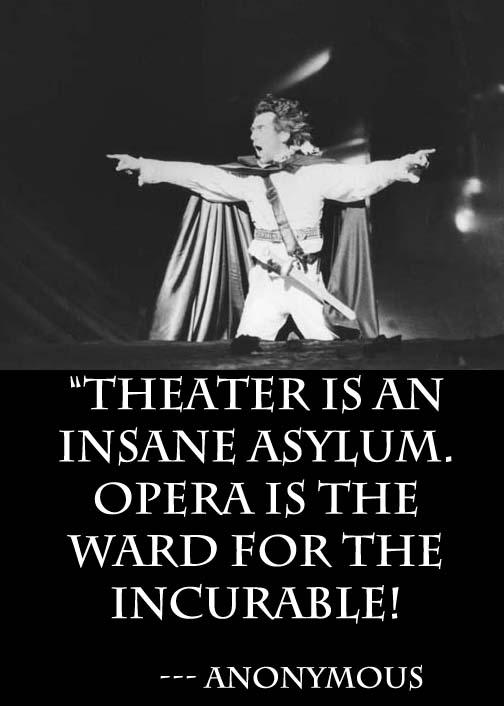
Even if this isn’t true, the ability of a singer to align and balance the inner world with the outer world has enormous personal advantages. The ability to see through lies and half-truths, in ones-self and in others can save the professional artist from a great deal of pain over the years.
One the one hand these roles are a set of behaviors or ‘best practices’. On the other, they represent a constellation of beliefs and values about yourself and about the world. The advantage is, of course, that through these roles or archetypes, you can come into not only contact with these behaviors and attitudes, you have a user-interface to change them.
Try a brief exercise: close your eyes and imagine one of the roles I mentioned above. Even if you don’t believe yourself capable of inner visualization, humor yourself and pretend. Introduce yourself to this inner figure and thank her/him that she appeared. When you’ve introduced yourself and gotten to know each other, choose a second role/archetype and introduce them. Ask them if there’s anything they need from you. Ask them if they’ve got any new ideas for you. Let your imagination and personal needs be your guide. Pick one of the roles below:
THE SALESMAN……(’selling’ a song, ‘pitching’ a concert, writing a resume.)
THE SHAMAN……(making fantasy reality, onstage and off.)
THE GOURMET…..(only the best is good enough.)
THE VAGABOND……(falling in love with travelling, excellent for that long opera tour!)
THE INNER CRITIC….(what are your highest standards and how do you communicate them to yourself?)
I first began practicing this regularly after a particularly intense meeting with my inner critic. I was always MUCH harder on myself as a singer than any critic, teacher or coach could EVER be. This got to a point where I’d hear criticism from my inner critic onstage during an audition or performance. When I first encountered my inner critic, he took the form of a combination of Darth Vader, Adolf Hitler and Genghis Khan. With repeated encounters he changed this appearance dramatically. He would say things like “you’re just not good enough”, “that was TERRIBLE”, “what are you even DOING on the professional stage?”. Not exactly optimal. When I informed him that this kind of commentary wasn’t exactly helping and asked if he could possibly express himself in more useful ways, he changed his tone to things like “you have not yet lived up to your potential”, “there is much more mastery in you than you’ve imagined”. MUCH easier to digest!
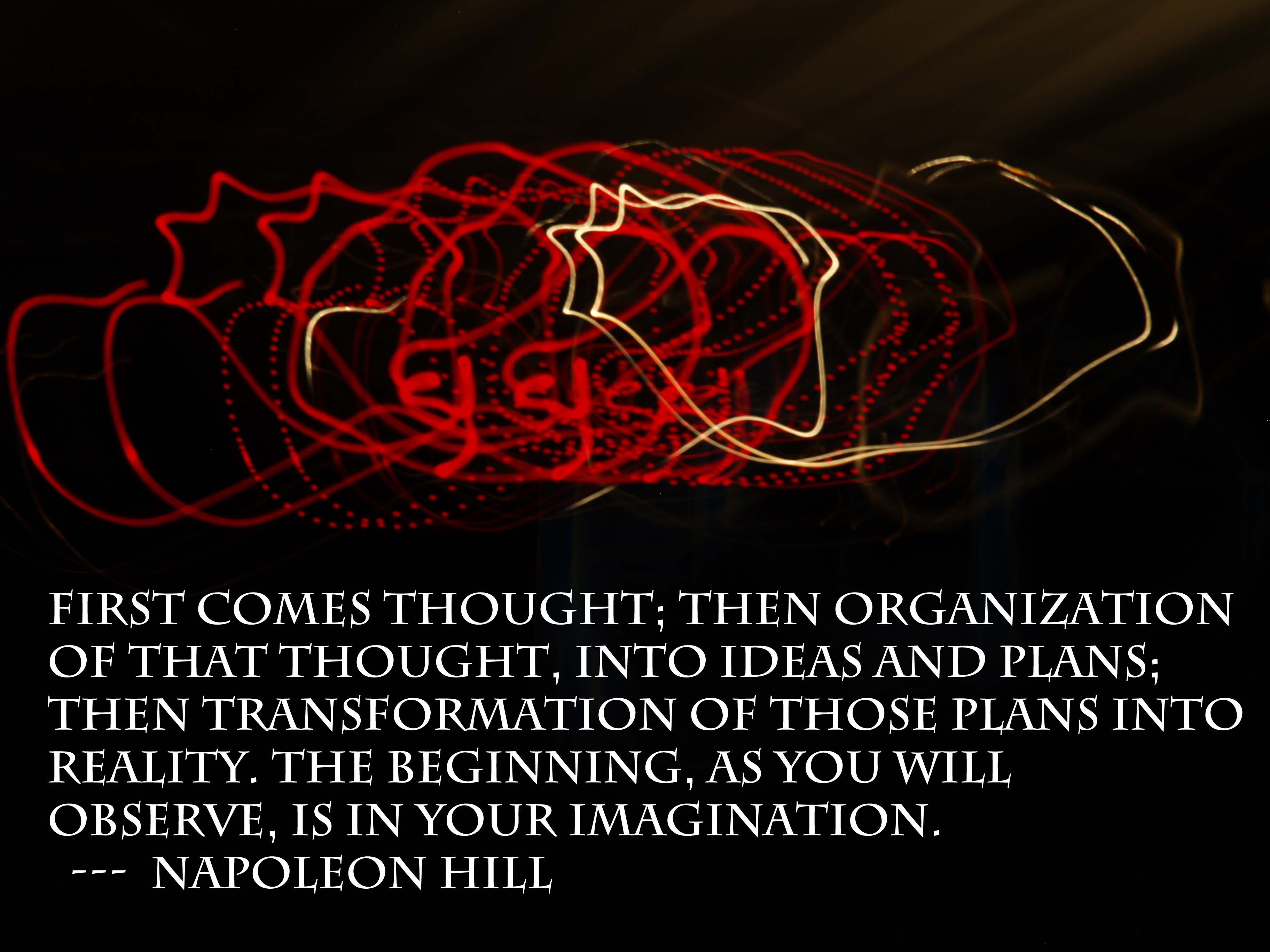
At the very least, exercises like this will increase your fantasy sense. At the most, you will have gained access to unconscious resources which will change your life dramatically. If you discover a role/archetype that you find particularly interesting, don’t hesitate to write me. I LOVE to hear success stories!
Evan Bortnick Gesangsunterricht Wiesbaden
www.theheavenswithin.com www.musa-vocalis.de www.vocalimpactpotential.de
